Few people are able to dedicate large, uninterrupted blocks of time to write full-time. A lack of time is often what separates the would-be writer from the published author.
Fortunately, you don’t have to be a published author to be a prolific writer. Many famous authors throughout history held a day job while pursuing their passion project on the side. What matters isn’t how much time you have, but what you do with the time you do have. But don’t take our word for it. Here are 10 authors with full-time careers outside of writing (in some cases, they’re known better for their non-literary accomplishments!) who still managed to become successful, published authors.
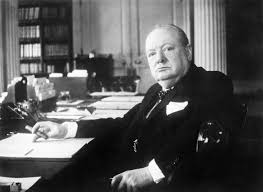
Most people know Winston Churchill as the British politician who guided England through World War II. What most people don’t know is he also wrote 43 books throughout his lifetime, many of which were about historical events. He even won the Nobel Prize for Literature in 1953 “for his mastery of historical and biographical description as well as for brilliant oratory in defending exalted human values.” You can still buy some of his books today.
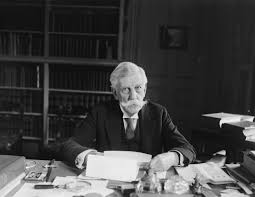
Oliver Wendell Holmes is most well-known today as a writer, but he actually started out studying law at Harvard University before changing his studies to medicine. He was a physician for 10 years, taught anatomy and physiology at Harvard, and was Harvard Medical School’s dean until 1882, when he was age 73. He published Old Ironsides in 1830, which won critical acclaim, contributed to The Atlantic Monthly from 1857 onward, and published numerous other works throughout his life.
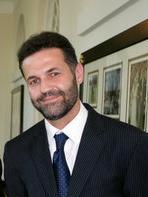
Khaled Hosseini is known as the author of The Kite Runner, A Thousand Splendid Suns, and most recently, And the Mountains Echoed, but he actually started his career as a physician. He was a practicing doctor while he wrote The Kite Runner, which was published in 2003 and quickly became a bestseller. He continued practicing medicine for some time afterward, saying “I thought it completely outlandish and unattainable, the idea of becoming a writer.” His sentiment is a bit ironic considering that his first two books have sold a combined 38 million copies. Hosseini now works with the United Nations.
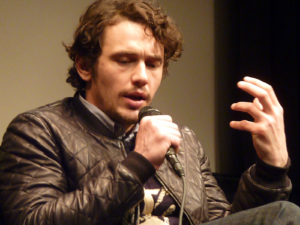
Most people know James Franco from Hollywood; however, he has also written several books and short plays, some of which have been adapted into feature-length films, such as Palo Alto. Additionally, he has written for Esquire, and has an extensive formal education in creative writing. Franco has a bachelor’s degree in English from UCLA, and was simultaneously enrolled in Columbia University’s graduate writing program (where he completed an MFA) and NYU Tisch School’s filmmaking program. Moreover, he’s worked on a Ph.D. in English at Yale.
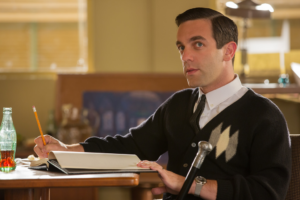
B.J. Novak is not only an actor (as well as a writer and producer) for NBC’s The Office and a tech entrepreneur; he is also a fiction writer. He has a collection entitled One More Thing: Stories and Other Stories, which spent six weeks on the NY Times bestseller list. His writings have been compared to that of George Saunders and Steve Martin. He’s also written a children’s book, which has been translated into 26 languages and includes the wonderful line “My head is made of blueberry pizza.”
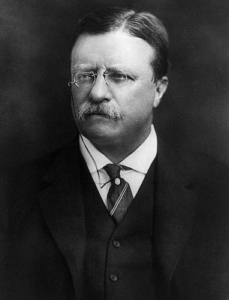
Theodore Roosevelt, 26th president of the United States, found time to write over 30 books, including histories, biographies, editorials, memoirs, and even guide books, ranging on topics from foreign policy to national parks. His work The Naval War of 1812 is still considered “an essential work of scholarship on the subject.” He started the book when he was a student. In addition to being a politician and prolific writer, Roosevelt had a military career, served as New York City’s Police Commissioner, and was an avid outdoors man.
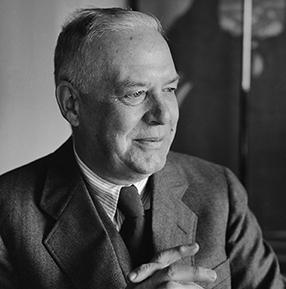
Wallace Stevens is regarded as one of America’s greatest poets. It wasn’t until later in life that he made a splash in the world of poetry, however. After a brief stint as a reporter for the New York Evening Post following college, Stevens enrolled at the New York School of Law. Post-law school, he worked for a number of law firms before accepting a position as a bonding lawyer in 1908. He continued to write poetry throughout his life and went on to win the Pulitzer Prize for Poetry in 1955. He even turned down a job offer as a professor of poetry at Harvard in order to remain vice president of the Hartford Accident and Indemnity Company, an insurance company he work at for almost four decades.
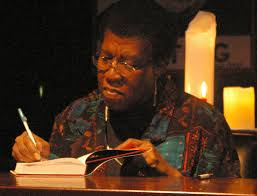
Octavia Butler was a renowned African American science-fiction writer best known for her novels and short-stories. She was also the first writer of her genre to receive the MacArthur Foundation “genius” grant. Before achieving success, however, Butler worked a number of low-wage jobs, serving as a telemarketer, warehouse worker, dishwasher, and potato chip inspector. Nevertheless, Butler made time to write by waking up at 2 a.m. every morning before heading off to work. Drawing from her experiences, Butler’s day jobs helped provide material for some of her written works, including the short-story “Crossover” and novel Kindred.
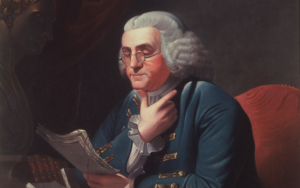
Founding Father Benjamin Franklin was a statesman, inventor, diplomat, founder of the University of Pennsylvania, and writer. He headed various publications, such as The New-England Courant as well as various works about politics. He published Poor Richard’s Almanack under the pseudonym Richard Saunders which, among other things, contained many proverbs and wisdom we remember Franklin for today. He also wrote an autobiography, scientific works, and demographic studies. Franklin’s work in many ways catered to the society and politics around him, often in a pamphlet format, which was very popular in colonial America.
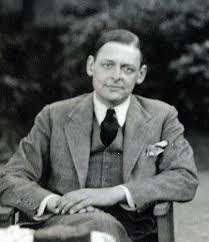
T.S. Eliot is regarded as one of the greatest poets of the 20th century. Before the publication of his epic poem The Waste Land, however, Eliot worked as a banker at Lloyds Bank in the foreign transactions department. Nevertheless, even after achieving literacy success, Eliot continued to work as a clerk for a number of years prior to accepting a job as an editor for Faber & Faber, a position he held until his death. The renowned poet preferred to hold a steady day job as opposed to writing full-time, stating in an interview: “I feel quite sure that if I’d started by having independent means, if I hadn’t had to bother about earning a living and could have given all my time to poetry, it would have had a deadening influence on me.”
These days, it’s easy to believe we don’t have time for the things we want to do. We don’t have time to train for a marathon, learn a new language, or try to write that book we’ve always wanted to. Hopefully the stories of these writers will help you remember that you can always find the time in your life to write. To learn additional tricks of the trade from some of the world’s greatest writers, click here.
Sign up to get a brand new writing routine in your inbox every week.
